
WILDLIFE
05-01-2024 by redazione
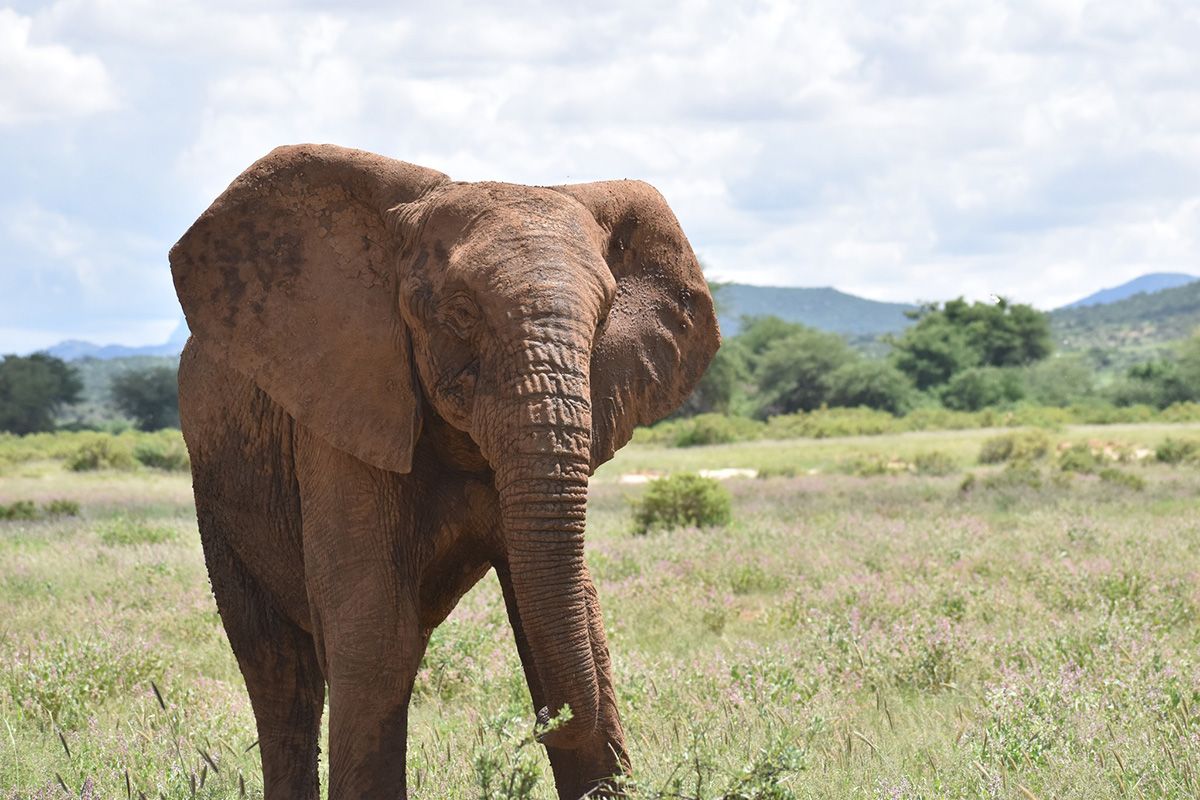
African elephants are starting to be born without tusks, as a genetic protection to avoid being killed by poachers. This is the result of a study published in the specialist journal, Pachyderm, which examined the verified case of the first male elephant born and raised without tusks, documented by the organisation Save The Elephant in Samburu, Kenya.
Until now researchers knew that only females were born without tusks, but evidently over the years, and with the proliferation of this trend, evident in a study conducted in Gorongosa National Park, Mozambique, mothers have passed on their genes to their male offspring as well.
Writes Save The Elephant on its website: 'The 13-year-old tuskless male, from a family known as the Hawaiian Islands, was first discovered in 2011, when he was a very young cub, by Save The Elephant's director of field operations, David Daballen, in Samburu National Reserve, Northern Kenya. Although researchers continued to monitor his progress, he never grew any semblance of tusks, a characteristic that normally emerges around two and a half years of age. In addition, his mother, named Kauai, is also tuskless and scientists wonder whether he inherited the tuskless condition from her.
As the study reports, tuskless elephants are now commonplace in several African areas and this is largely due to the killing of the specimens by poachers in search of ivory.
Obviously, tuskless elephants manage to avoid being murdered and in time pass this trait on to their offspring. But there is also a possible explanation in the chromosomes of the elephant in question, that it may have partly female genes, in short a kind of transgender pachyderm.
Says Save the Elephants' head of research, Italian Giacomo D'Ammando. "The presence of a male African elephant without tusks is a mystery and seems to defy established genetic evidence. One possible explanation is that different genetic mechanisms operate in different elephant populations. In Asian elephants, for example, males are commonly tuskless, indicating that the tuskless condition is not lethal to them. Perhaps this is what is happening in the Samburu population and others where tuskless males have been sighted'.
The organisation notes that more research and genetic evidence will be needed to unravel this mystery and appeals to research communities across the continent to help them provide evidence of the congenital tusklessness of male specimens.
WILDLIFE
by Leni Frau
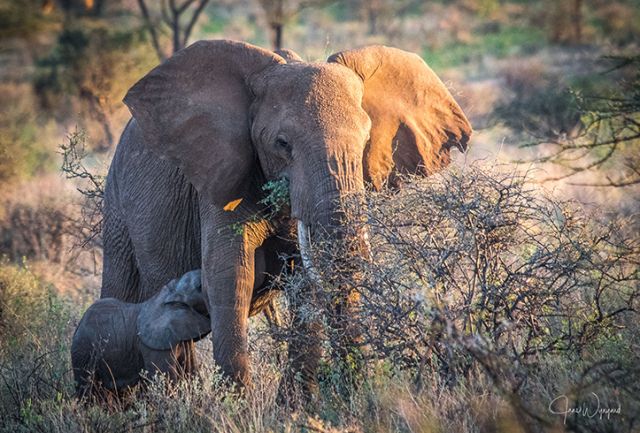
The story of the matriarch Monsoon, a female elephant from the Samburu region, is one to be told, to...
WILDLIFE
by Leni Frau
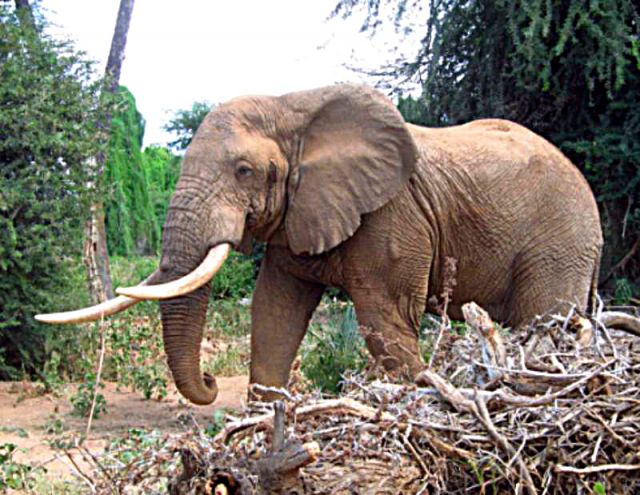
He died peacefully, for causes defined as natural by the experts of the association "Save the Elephant" in the ...
POACHERS
by redazione
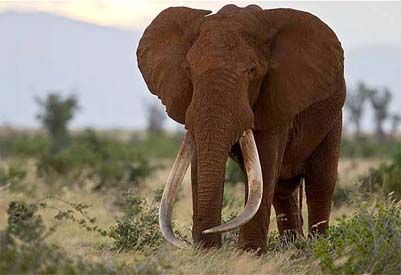
Wide Satao, the legendary elephant of over forty years, known by the rangers, by expert guides and Tsavo East enthusiastic visitors for its huge, incredible fangs, was saved from the clutches of poachers and brought to life after a series...
NEWS
by redazione

The sadness is deep for fans of the savannah that after so many safari, had learned to recognize it.
Satao II, one of the few remaining elephants by the giant tusks in Kenya, the "big tuskers" (estimated there would be no...
MORE ELEPHANTS KILLED
by Freddie del Curatolo
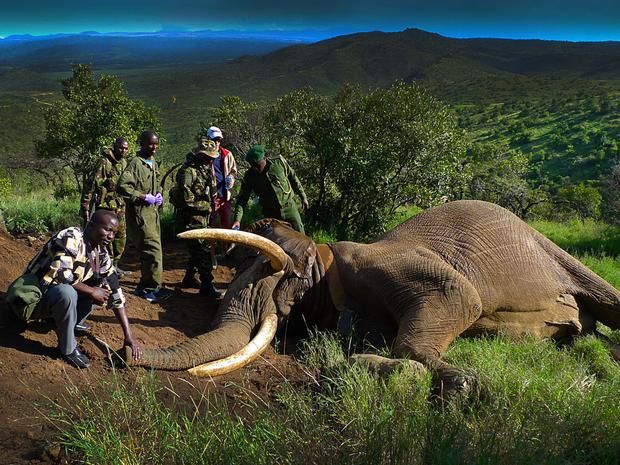
It seems absurd, as well as anachronistic and also economically unprofitable these days, that...
WILDLIFE
by Leni Frau
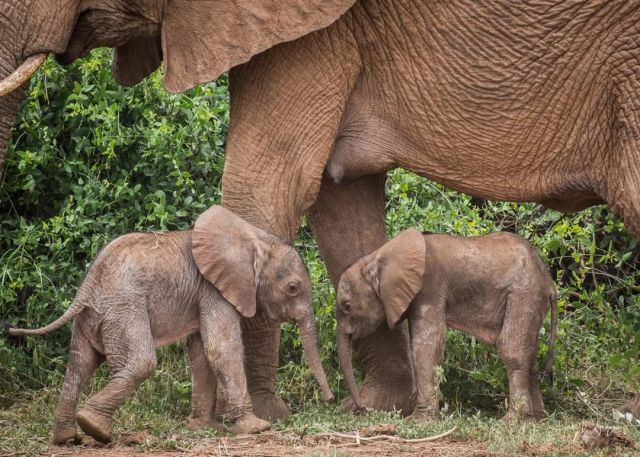
From one of the most remote and fascinating national reserves of Kenya, Samburu, comes...
ITALIANS IN KENYA
by Freddie del Curatolo
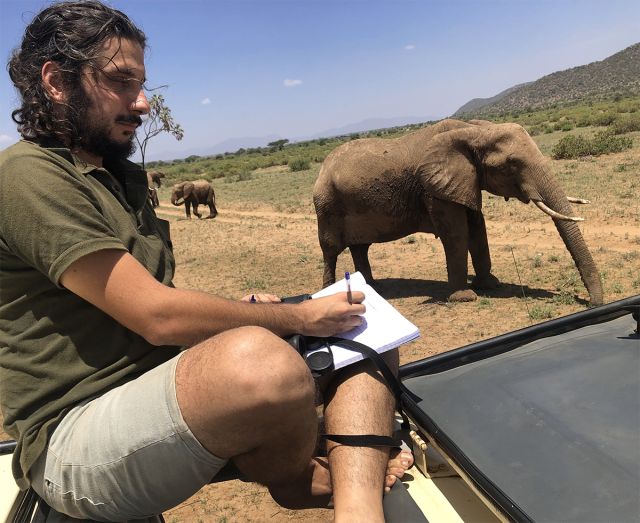
AFRICAN WILDLIFE
by Freddie del Curatolo

Even Google has celebrated the legend of Ahmed, the glorious elephant considered to be the...

They were probably well hidden for some time, because since the beginning of the year in...
SAVANNAH
by redazione
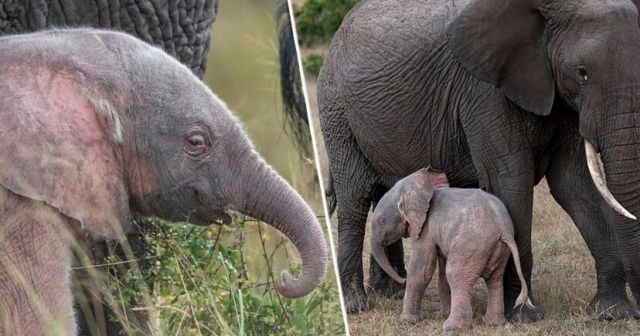
A very rare case of a pink elephant, a puppy suffering from albinism, was photographed for the...
NEWS
by redazione

The Coronavirus emergency, partial lockdowns in counties and night curfews in Kenya do not curb the...
SAVANNAH
by Leni Frau

One of Kenya's largest and most famous elephants, known as Tim, died yesterday at the age...